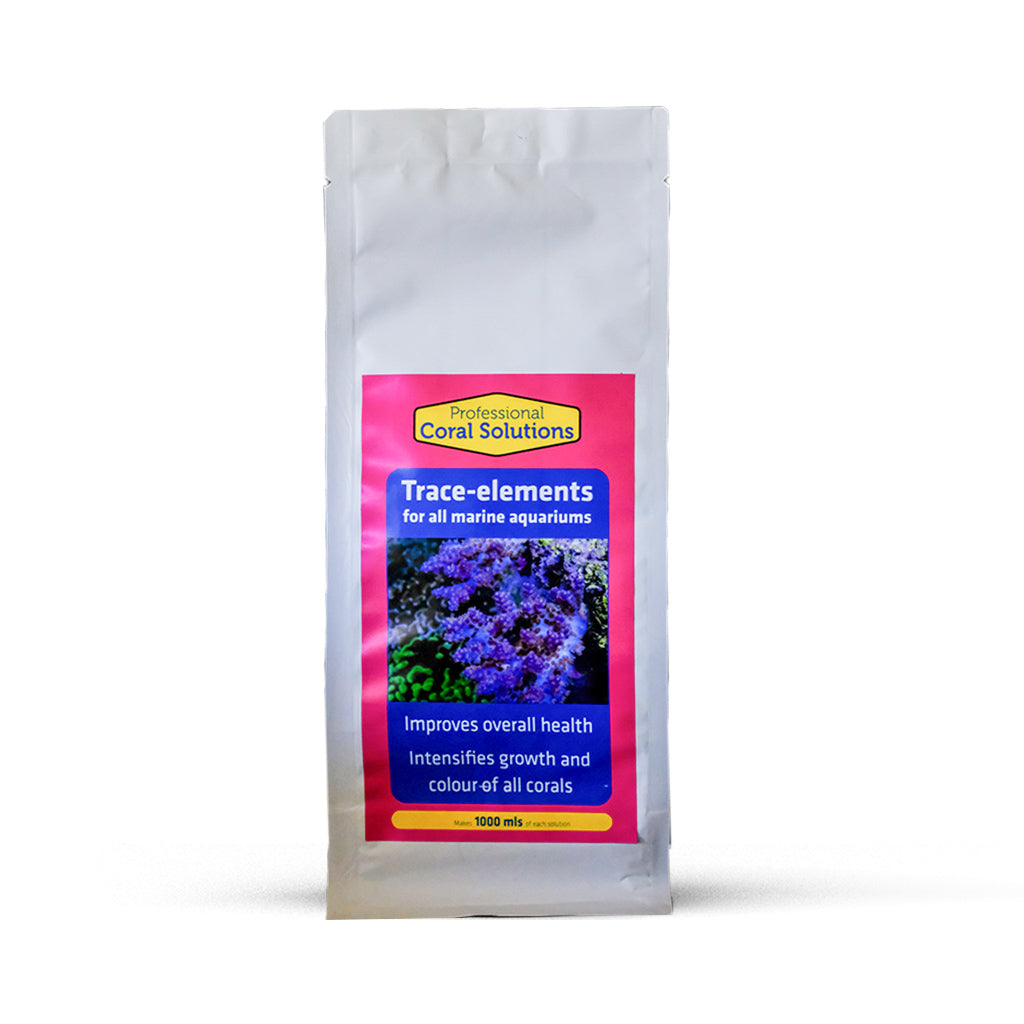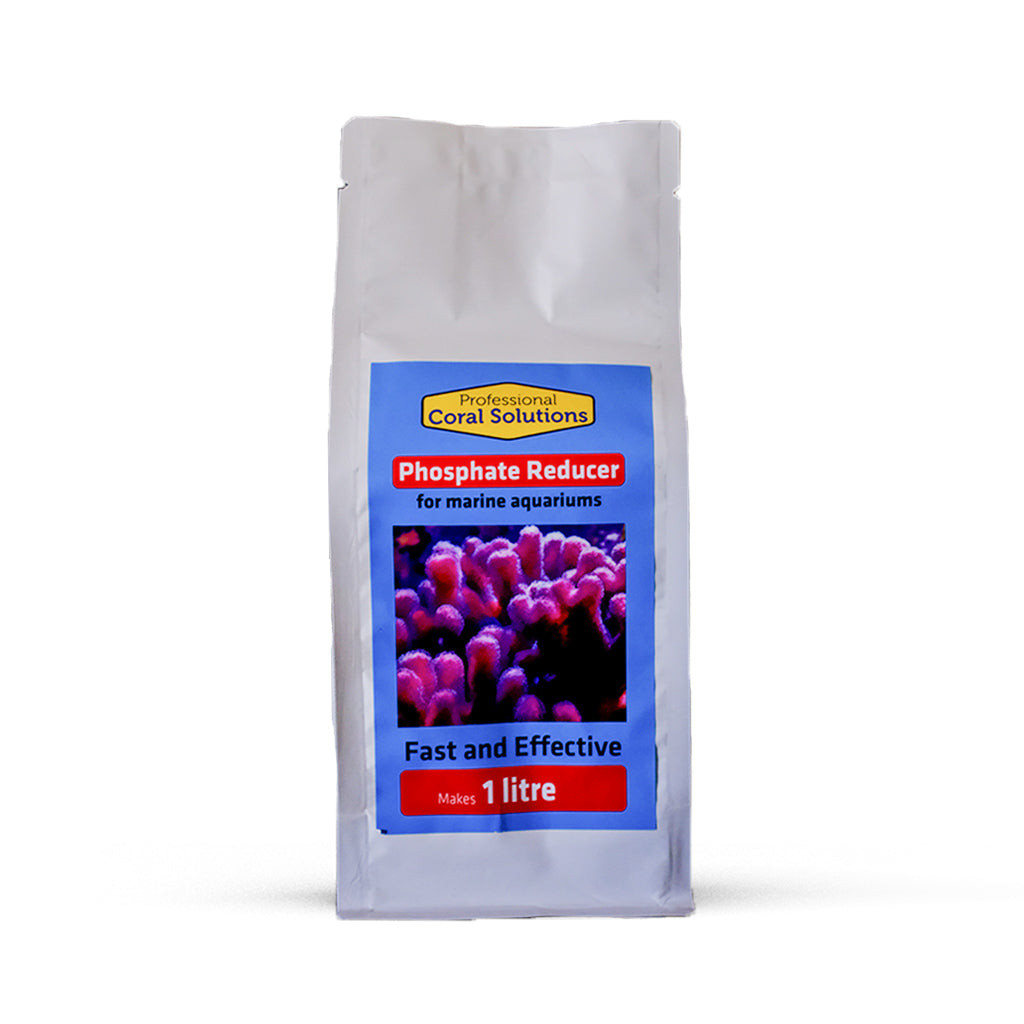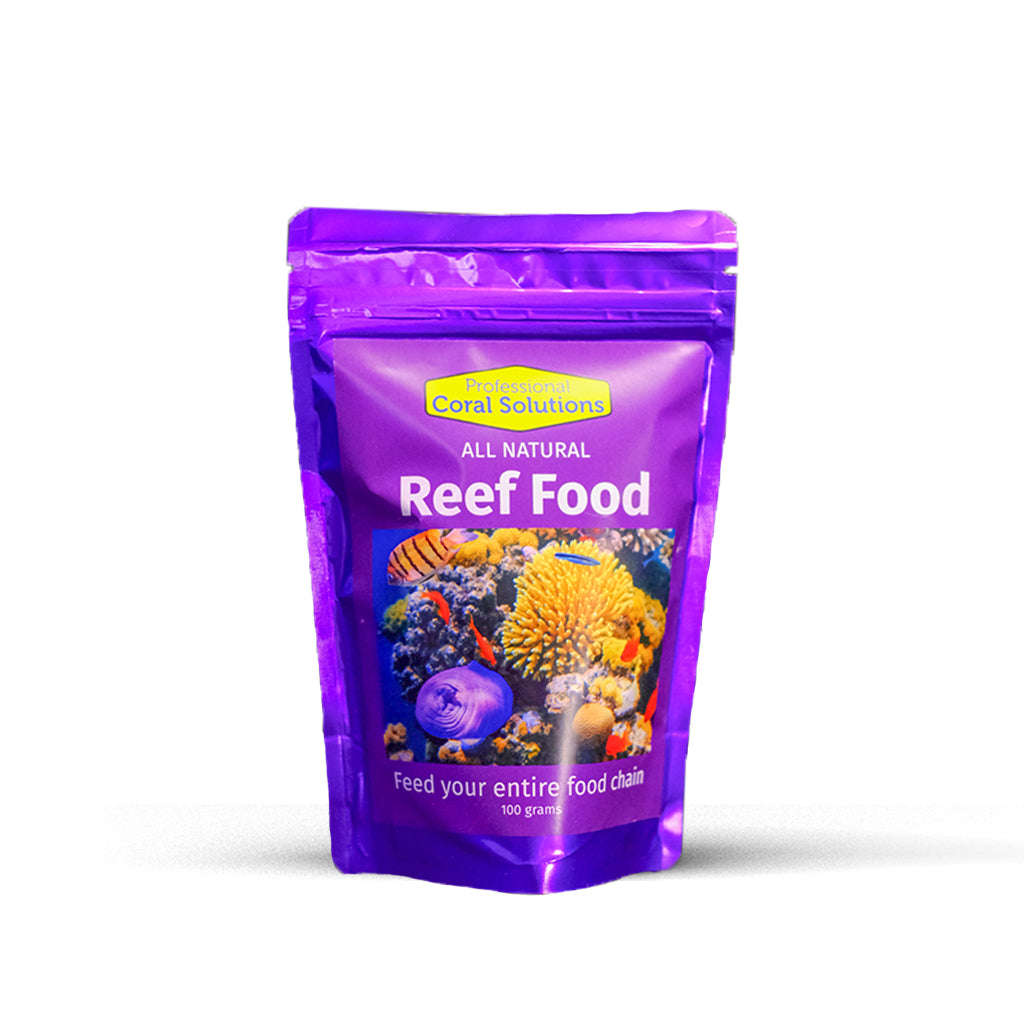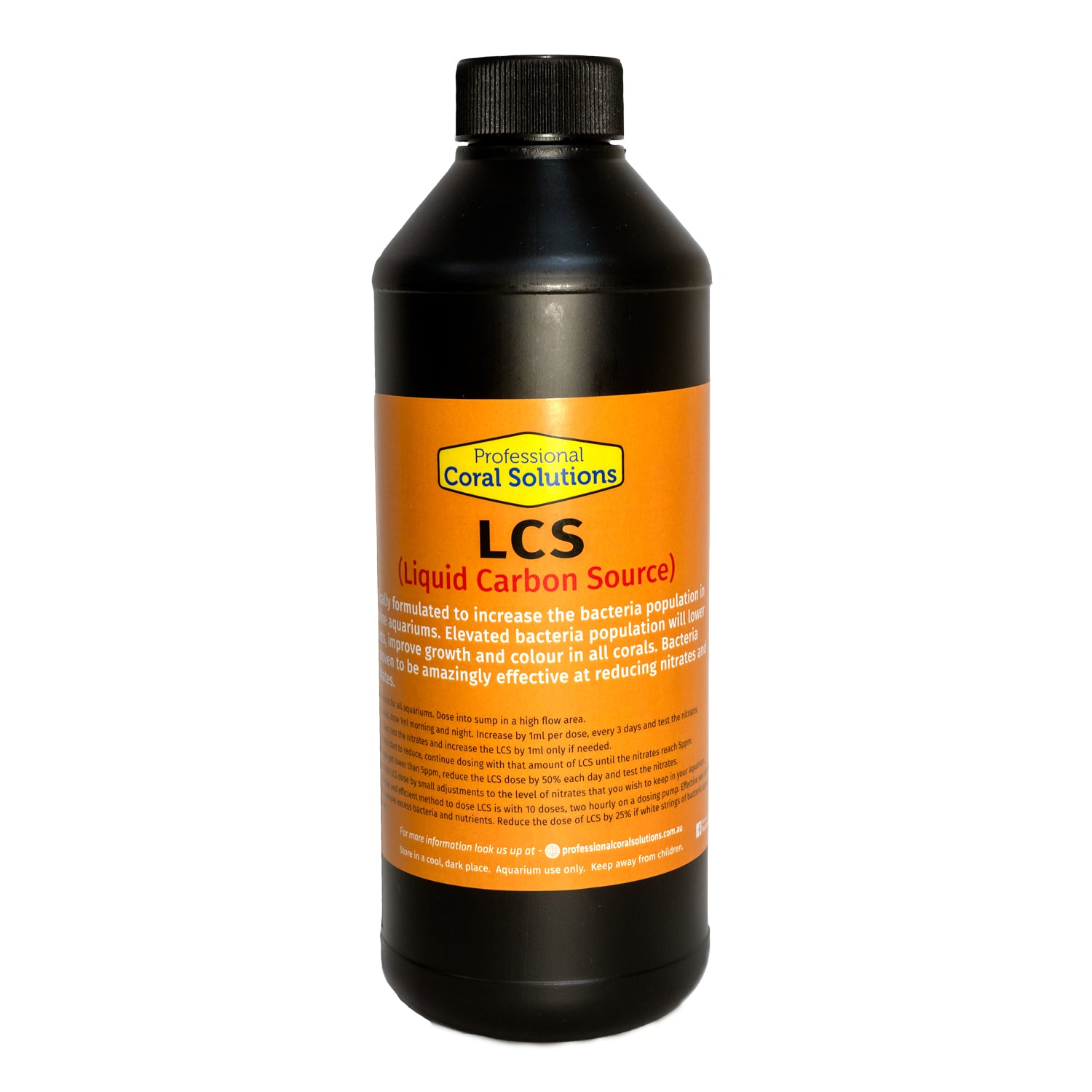Why Reduce Phosphate?
Phosphates and what influences do they have in our marine aquariums.
Phosphate, or PO4, is a compound of Phosphorus (P), one of the top 14 out of 70 trace elements found in natural seawater that are essential for saltwater aquarium and reef tank systems. The water of natural coral reefs contains very little phosphate, typically around 0.005 ppm. This would be a desirable concentration in your reef tank but very difficult to achieve and test.
Phosphates have two major influences on our marine aquariums:
Algae growth:
Phosphates are a primary nutrient source for many forms of algae, so when high concentrations are allowed to accumulate in an aquarium, this opens the door for aggressive algae blooms to occur.
With elevated phosphates, the proliferation of brown algae in the tissue of corals masks the natural colour pigments of the corals and causing the coral to turn brown.
Growth:
The production of the calcareous skeleton of stony corals is significantly inhibited by higher phosphate levels, but most of the more sensitive soft corals do not react happily to high phosphate levels as well. Therefore, such high concentration should be avoided. Phosphates of no more than 0.25ppm would be an acceptable level for the easier to keep coral species. Serious decrease of coral growth in all stony coral was detected at concentrations above 0.10 ppm. This should be considered as the maximum level you should keep in your reef tank.
It seems mandatory for SPS to be below 0.05ppm.
The growth of SPS is greatly improved if a stable level of 0.01ppm can be maintained.




